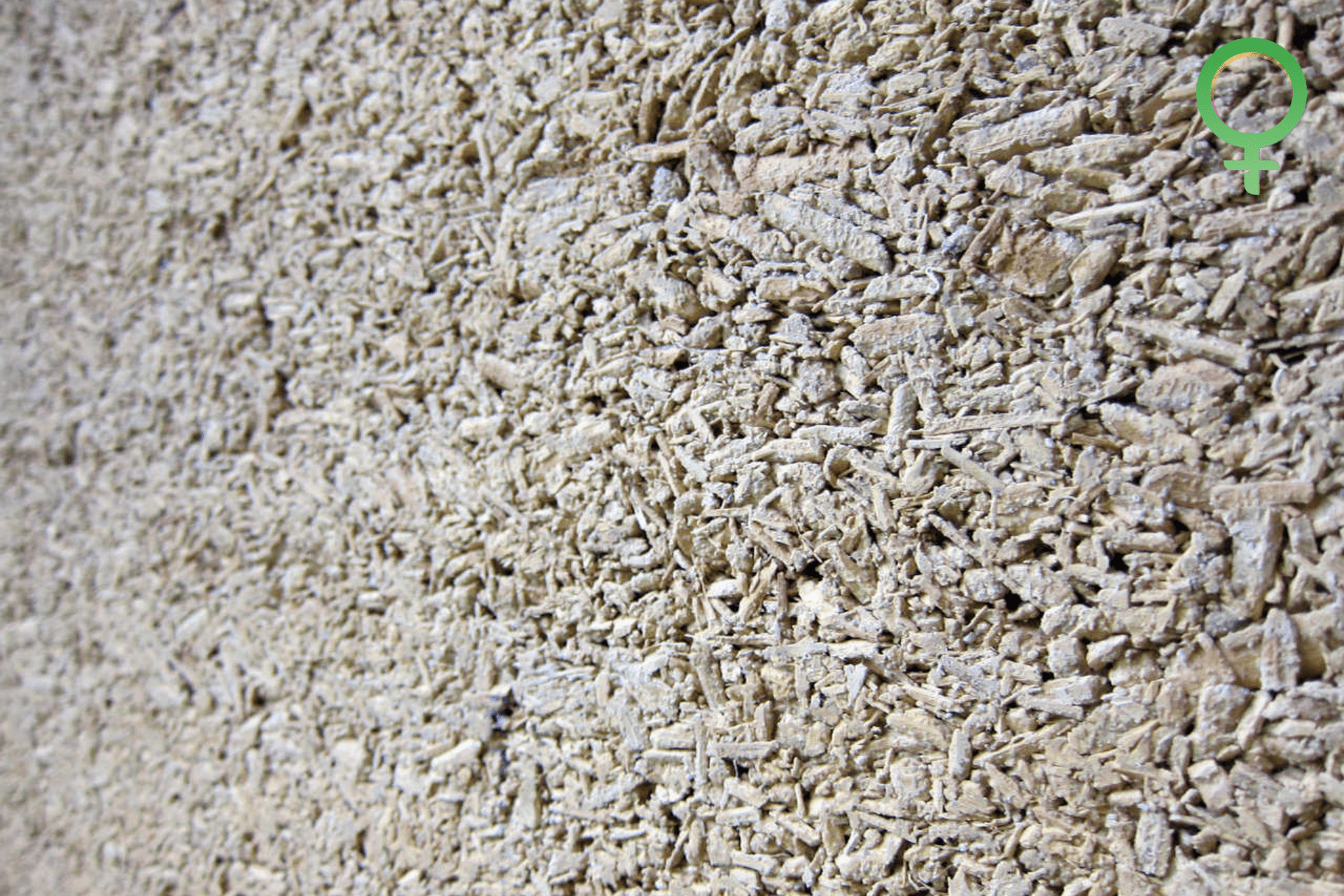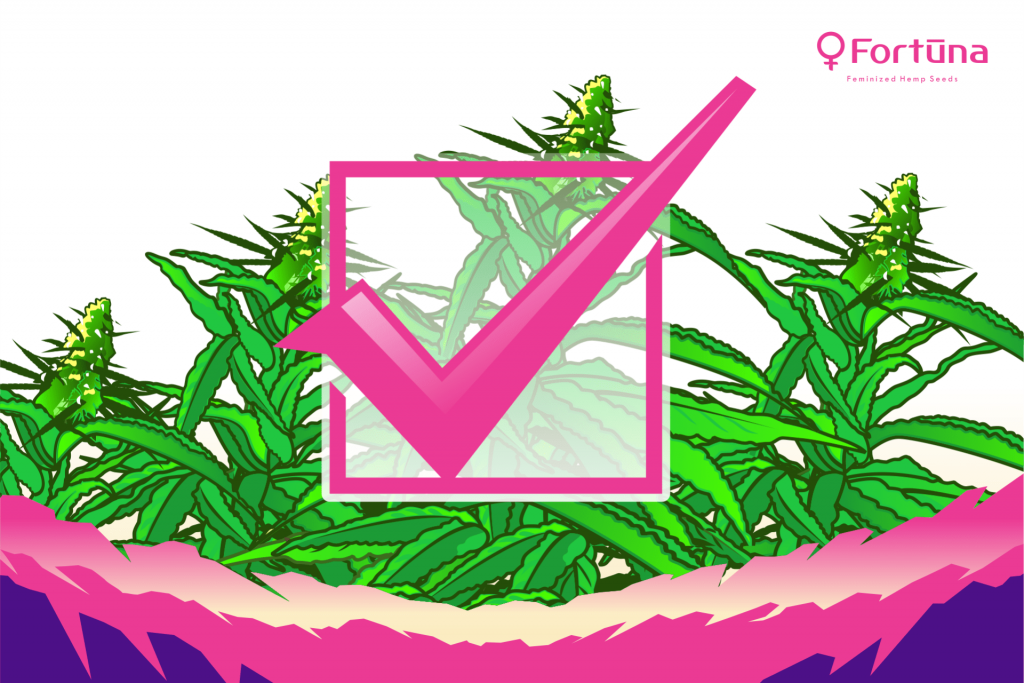
- Hemp Farming
-
by gu
Is the solution to climate change growing in our back yard? Research suggests it just might be.
Greenhouse Gases and Their Effect on Climate Change
CO2, also known as carbon dioxide, is an important heat-trapping (greenhouse) gas. Many human activities cause the release of greenhouse gases, including deforestation and the burning of fossil fuels. Some natural processes also cause CO2 emissions, such as respiration and volcanic eruptions.
This is especially concerning considering that greenhouse gases are a significant cause of global warming. Since 2001, 18 of the 19 warmest years all have occurred. 2016 is the warmest year on record to date.
The United States is the 7th largest producer of carbon dioxide, a significant contributor to air pollution. Over the last century, the burning of fossil fuels like coal and oil, have increased the concentration of CO2 gases. The clearing of land for agriculture, industry, and other human activities has also increased CO2 levels.
Fossil fuels and those similar — coal, oil, and natural gas — are the world’s primary source of energy. Fossil fuels have fueled global economic development for the past century, and they cause harm to the environment. The U.S. Energy Information Administration reports that fossil fuels were responsible for 76% of United States greenhouse gas emissions in 2016.

The Effects of Climate Change on Housing
Climate change also impacts housing by way of natural disasters. HUD Partner Reports released an article discussing cities, the urban poor, and climate change by stating that:
“Global climate change will significantly affect urban areas in the developing world. The known effects of climate change — increased temperatures, rising seas, and increased incidence of severe storms — will be especially significant for cities because many are located along the coast, placing both the population and national economies at risk.”
The Scientific American noted that “disabled people and minority communities are disproportionately affected and have the fewest resources to recover from disasters.”
Human activities on planet Earth are changing the natural greenhouse. Climate change affects our health by way of carbon dioxide. According to the Commonwealth Fund, The health care sector in the United States transmitted 655 million metric tons of carbon dioxide in 2011. That accounted for about 10% of the CO2 generated in the United States.
How Hemp Cultivation Can Address Global Concerns
The rise of hemp has been substantial over the last few years. The 2018 Farm Bill legalized hemp CBD cultivation and sale. The Farm Bill additionally removed CBD from the controlled substance list allowing for its inclusion in food and other wellness products without the restrictions of other cannabis-base products.
Hemp cultivation also removes toxins in the air and soil. Hemp can then be used to create bioplastics, which further contributes to its energy efficiency. Better yet, hemp plastics biodegrade five times faster and are 2.5 times stronger than traditional plastic.
It is also both an affordable and accessible product used in the production of building materials and consumer goods. According to the United Nations Environment Programme, the building sector contributes 30% of global annual greenhouse gas emissions and consumes up to 40% of all energy. Hemp housing studies like one conducted in North Carolina, show that a hempcrete built home is 83%-to 113% more energy-efficient than a traditional home.
Studies have also shown that rotating hemp with other crops can result in a 20% increase in wheat yield. For example, hemp – soybean rotation reduced cyst nematode infestation by 50-75%. Increased hemp crop yield is a great way to get the people the health and nutrition they deserve considering its nutritional and therapeutic value.
Why Hemp is the Solution to Climate Change
Hemp legalization and evolving policies make it easier to study the benefits of hemp cultivation as they relate to the climate crisis. Current information from studies and research show the many ways that our planet can utilize hemp. However, these benefits of hemp are just scratch on the surface.
Do you believe hemp could be the solution to climate change? We’d love to hear what you think.



